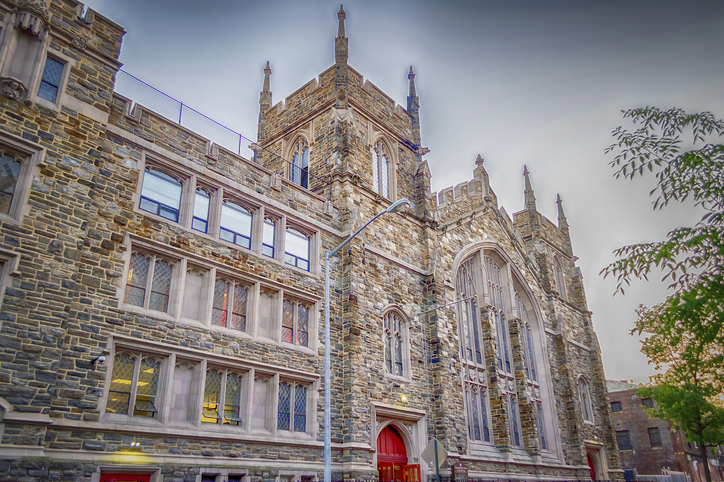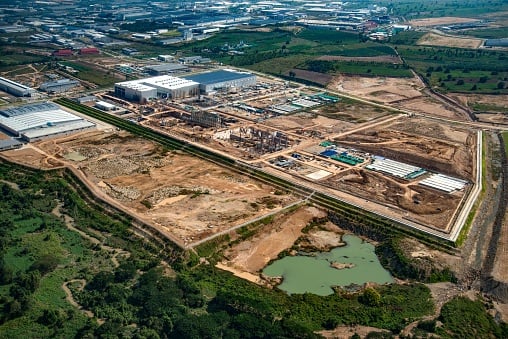
A church in East Harlem filed a petition seeking court approval for a mortgage on its house of worship, which was its sole asset, under Not-for-Profit Corporation Law Sections 510 (“Disposition of all or substantially all assets”) and 511 (“Petition for court approval”) and Religious Corporations Law (“RCL”) Section 12 (“Sale, mortgage and lease of real property of religious corporation”). The purpose of the loan, in the amount of $7,200,000, was to fund expenses to be incurred to achieve the up-zoning of the property, the construction and sale of a new building on the site, the repayment of an unsecured bridge loan, debt service, and other costs to be incurred in the redevelopment of the property. The interest reserve was sufficient to cover four years of interest payments. Repayment was to be made from sales proceeds realized from the sale of the property once improved. The estimated cost to construct a new building, including transaction expenses, was estimated to be as much as $25,000,000. The Church had limited reserves.
“…when a religious corporation seeks to sell or mortgage its real property, approval by the court, upon notice to the Attorney General, or approval by the Attorney General, is required to confirm that ‘the consideration and the terms of the transaction are fair and reasonable to the corporation and that the purposes of the corporation or the interests of its members will be promoted [citations omitted]’…As a future development deal, with petitioner acting as its own developer/contractor, and given its financial status at the time of the application, the value of the property, and petitioner’s questionable ability to carry the financial burden of the increase in its liabilities, the petition falls short of demonstrating an ability to support the financial burden and increased risk associated with the transaction. Thus, the [mortgage] is not ‘fair and reasonable’ or a sound financial decision when petitioner’s sole valuable asset is placed at risk”.
Matter of the Application of La Hermosa Church, 2019 NY Slip Op 30691, decided March 22, 2019, is posted at http://www.nycourts.gov/reporter/pdfs/2019/2019_30691.pdf.




